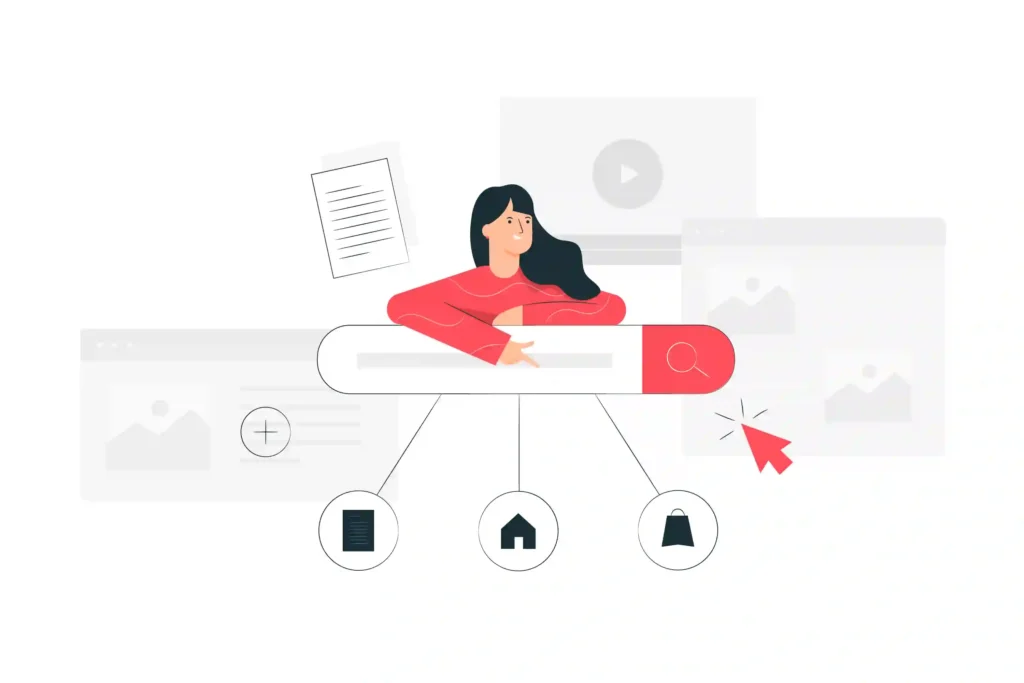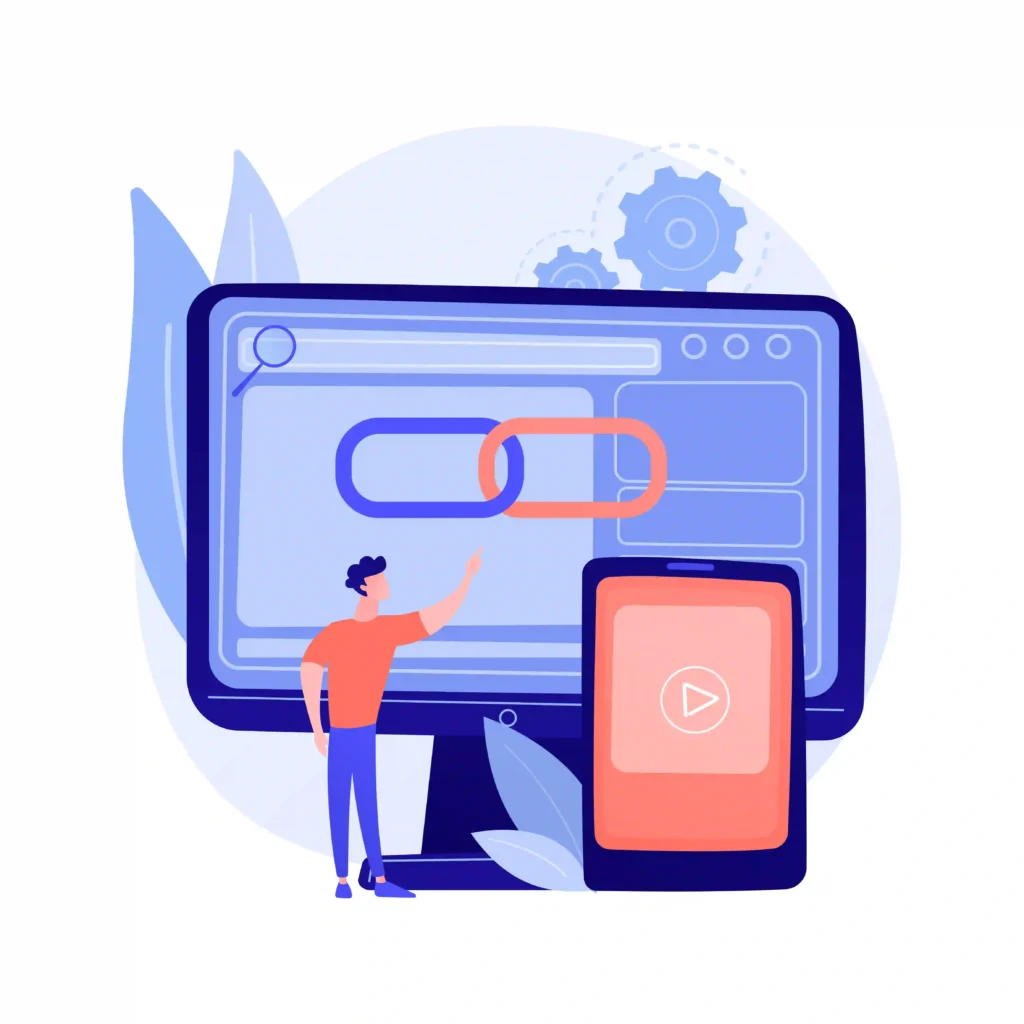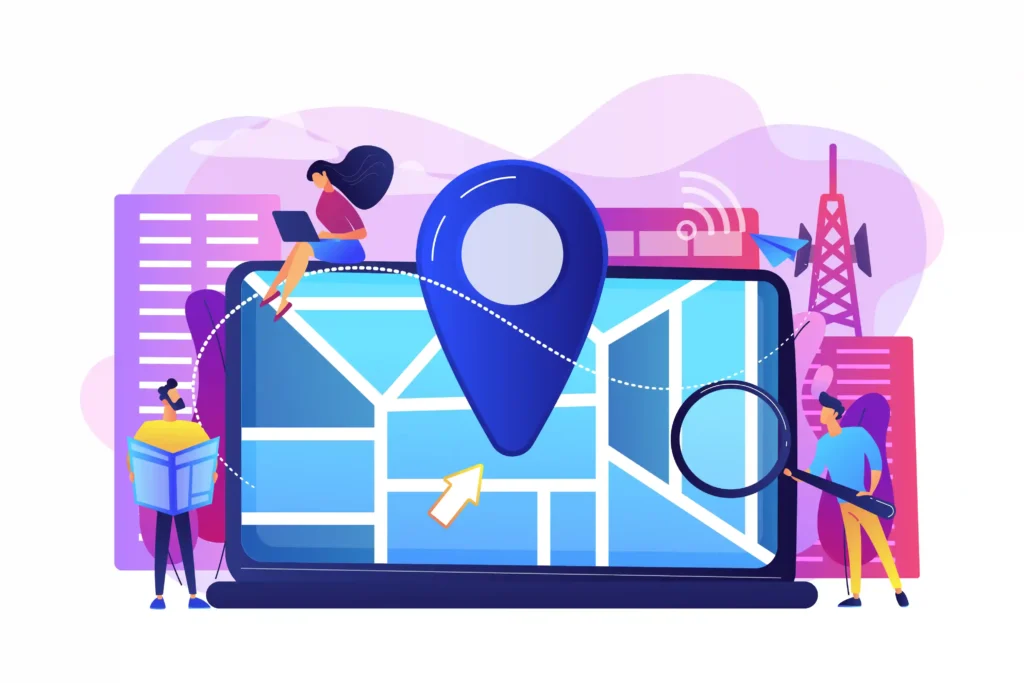In the bustling world of digital marketing, standing out from the crowd is essential. You might have the most visually appealing website with top-notch content, but if it doesn’t rank well on search engines, all your hard work could go unnoticed. That’s where off-page SEO comes into play. But what exactly is off-page SEO, and how can you leverage it to boost your rankings? Let’s dive in and explore.
What Is Off-Page SEO?

Off-page SEO refers to all the activities you perform outside your website to improve its search engine rankings. While on-page SEO focuses on optimizing elements within your website, off-page SEO encompasses the tactics you use to build your website’s authority and reputation on the web. It’s like the digital equivalent of building your brand’s credibility and trust in the eyes of search engines and users.
Why Is Off-Page SEO Important?
Off-page SEO is crucial because it helps search engines understand how the rest of the online world perceives your website. Think of it as a popularity contest where search engines use off-page signals to determine how valuable and trustworthy your site is. Here are some reasons why off-page SEO is important:
- Boosts Your Website’s Authority: When authoritative websites link back to your site, it signals to search engines that your content is trustworthy and valuable.
- Increases Organic Traffic: Higher rankings on search engine results pages (SERPs) lead to more visibility and, consequently, more organic traffic.
- Enhances Brand Awareness: As your website becomes more visible online, more people become aware of your brand.
- Improves Search Engine Rankings: Off-page SEO strategies, such as link building, social media engagement, and influencer marketing, play a significant role in improving your website’s position on SERPs.
On-Page SEO vs. Off-Page SEO
Understanding the difference between on-page and off-page SEO is crucial for crafting a robust SEO strategy that ensures your website ranks well in search engine results. Here’s an in-depth look at each:
On-Page SEO:
On-page SEO refers to the practice of optimizing various elements within your website to improve its visibility and ranking on search engines. This includes:
- Keyword Optimization: Strategically placing relevant keywords throughout your content, meta tags, headings, and URLs to align with search queries.
- Meta Tags: Crafting compelling and descriptive title tags and meta descriptions that accurately represent your content and entice users to click through to your site.
- Content Quality: Ensuring that your content is informative, engaging, and valuable to your audience. High-quality content not only attracts visitors but also encourages them to stay longer and explore your site.
- Internal Linking: Creating a logical internal linking structure that helps users navigate your site easily and allows search engines to crawl and index your pages effectively.
- Site Structure: Developing a clean, organized, and responsive website architecture that enhances user experience and improves site speed and mobile-friendliness.
The primary goal of on-page SEO is to make your website user-friendly and search engine-friendly. By optimizing these elements, you help search engines understand the context and relevance of your content, which can lead to higher rankings and increased organic traffic.
Off-Page SEO:
Off-page SEO, on the other hand, involves activities that take place outside your website to improve its authority, reputation, and trustworthiness. Key components include:
- Link Building: Acquiring high-quality backlinks from reputable websites. These backlinks act as endorsements, signaling to search engines that your site is a credible source of information.
- Social Media Marketing: Promoting your content on social media platforms to increase visibility, drive traffic, and engage with your audience. Social signals, such as likes, shares, and comments, can indirectly impact your SEO efforts.
- Influencer Outreach: Collaborating with influencers and industry leaders to amplify your content and reach a broader audience. Influencers can help build your brand’s credibility and attract more backlinks.
- Content Promotion: Distributing your content through various channels, such as guest blogging, forums, and online communities, to increase its reach and attract more visitors.
The main objective of off-page SEO is to enhance your website’s overall authority and trust in the eyes of search engines. By building a strong network of backlinks and leveraging social proof, you can improve your site’s ranking potential and drive more organic traffic.
Off-Page SEO Techniques
Now that you understand the importance of off-page SEO, let’s explore some proven techniques to boost your website’s rankings.
Link Building

Link building is one of the most critical aspects of off-page SEO. It involves acquiring backlinks from other websites to your own. Here are some effective link-building strategies:
- Guest Blogging: Write valuable content for other websites in your niche. In return, you can include a link back to your site.
- Broken Link Building: Find broken links on other websites and offer your content as a replacement. This helps the website owner fix their broken links while you get a backlink.
- Resource Link Building: Create high-quality resources (like guides, infographics, or research) that other websites in your industry would find useful and link to.
Social Media Marketing

Social media platforms are powerful tools for off-page SEO. Here’s how you can leverage social media marketing:
- Share Your Content: Regularly share your blog posts, infographics, and other valuable content on social media platforms to drive traffic to your site.
- Engage With Your Audience: Respond to comments, join conversations, and build relationships with your followers to increase your social media presence.
- Collaborate With Influencers: Partner with influencers in your niche to promote your content and reach a wider audience.
Influencer Outreach
Influencer outreach involves connecting with influential people in your industry to promote your content. Here’s how to do it effectively:
- Identify Relevant Influencers: Find influencers who have a significant following and influence in your niche.
- Build Relationships: Engage with influencers on social media, comment on their posts, and share their content to build a relationship.
- Collaborate on Content: Offer to create valuable content together, such as guest posts, interviews, or co-hosted webinars.
Content Marketing
Content marketing is another crucial off-page SEO technique. Here’s how you can use content marketing to boost your rankings:
- Create Shareable Content: Produce high-quality, valuable content that people want to share, such as in-depth guides, infographics, and videos.
- Promote Your Content: Use email marketing, social media, and other channels to promote your content and reach a wider audience.
- Repurpose Content: Turn your blog posts into videos, infographics, or podcasts to reach different audiences and increase your content’s lifespan.
Bonus Off-Page SEO Techniques
Beyond the core off-page SEO strategies, there are additional techniques you can use to enhance your website’s visibility and authority.
Local SEO

If you have a local business, optimizing for local SEO is essential. Here’s how to do it:
- Claim Your Google My Business Listing: Ensure your business is listed on Google My Business and that your information is accurate and up-to-date.
- Get Reviews: Encourage satisfied customers to leave positive reviews on your Google My Business listing and other review platforms.
- Local Citations: Ensure your business name, address, and phone number (NAP) are consistent across all online directories and local citation sites.
Online Forums and Communities
Participating in online forums and communities can help you build relationships and drive traffic to your site. Here’s how:
- Join Relevant Forums: Find forums and online communities related to your niche and join the conversations.
- Provide Value: Offer helpful advice, answer questions, and share your expertise to build your reputation.
- Include Links Where Appropriate: When it makes sense, include links to your content to drive traffic back to your site.
Podcasting
Podcasting is a growing medium that can help you reach a new audience. Here’s how to get started:
- Start Your Own Podcast: Share your expertise and insights on a podcast to build your brand and drive traffic to your site.
- Guest on Other Podcasts: Reach out to podcast hosts in your niche and offer to be a guest on their show to promote your content and build backlinks.
Webinars and Online Events
Hosting webinars and online events can help you build relationships and establish your authority. Here’s how to leverage this technique:
- Host Webinars: Share valuable insights and knowledge through webinars to engage your audience and build your email list.
- Collaborate With Others: Partner with other experts in your industry to co-host webinars and reach a wider audience.
- Promote Your Webinars: Use email marketing, social media, and other channels to promote your webinars and attract attendees.
Press Releases
Press releases can help you gain media coverage and build backlinks. Here’s how to use them effectively:
- Create Newsworthy Content: Write press releases about significant events, product launches, or other newsworthy topics related to your business.
- Distribute Press Releases: Use press release distribution services to get your news in front of journalists and media outlets.
- Build Relationships With Journalists: Connect with journalists in your industry and build relationships to increase the chances of getting your press releases picked up.
Mastering off-page SEO is essential for improving your website’s search engine rankings and driving more organic traffic. By implementing these proven off-page SEO techniques, you can build your website’s authority, increase brand awareness, and boost your visibility online. Remember, off-page SEO is an ongoing process that requires consistent effort and attention. Keep experimenting, refining your strategies, and staying up-to-date with the latest trends to stay ahead of the competition.
How crongenix can help?
Crongenix is a digital marketing agency specializing in SEO, dedicated to helping businesses enhance their online presence through expert off-page SEO strategies. They focus on acquiring high-quality backlinks via guest blogging, broken link building, and outreach to authoritative websites, ensuring your site gains valuable links that boost search engine rankings. Crongenix also develops comprehensive social media strategies, creating engaging content and collaborating with influencers to increase brand visibility and drive traffic. Their extensive networks enable effective influencer outreach, enhancing content reach and credibility. Additionally, Crongenix excels in content marketing, producing shareable, high-quality content that resonates with your target audience and generates backlinks. For local businesses, they offer specialized local SEO services, optimizing Google My Business listings, managing customer reviews, and ensuring consistent NAP information across directories. They also provide online reputation management, addressing negative reviews and encouraging positive feedback to enhance credibility. Crongenix assists in planning, promoting, and hosting webinars and online events to showcase expertise and generate backlinks. Their press release distribution services ensure media coverage and valuable backlinks by crafting compelling press releases about significant business events. With Crongenix’s comprehensive off-page SEO services, your business can achieve higher search engine rankings, increased organic traffic, and enhanced brand visibility.
FAQs
1. What is the difference between on-page and off-page SEO?
On-page SEO optimizes elements within your website, like content and meta tags, while off-page SEO involves activities outside your site, such as link building and social media marketing.
2. How can I build high-quality backlinks?
Build high-quality backlinks through guest blogging, broken link building, and creating valuable, shareable content.
3. How does social media marketing impact off-page SEO?
Social media marketing increases your content’s visibility and drives traffic to your website, building your brand’s authority and reputation.
4. What are some effective local SEO strategies?
Effective local SEO strategies include claiming your Google My Business listing, encouraging positive reviews, and maintaining consistent NAP information across online directories.
5. How can I use content marketing for off-page SEO?
Use content marketing for off-page SEO by creating and promoting high-quality, valuable content that people want to share, such as guides and infographics.
